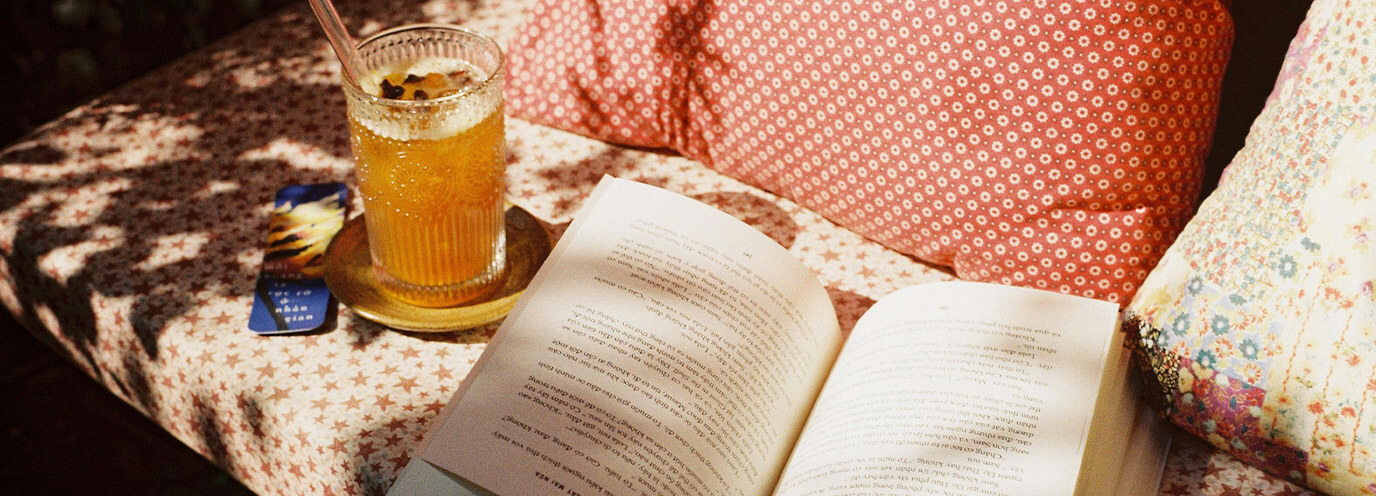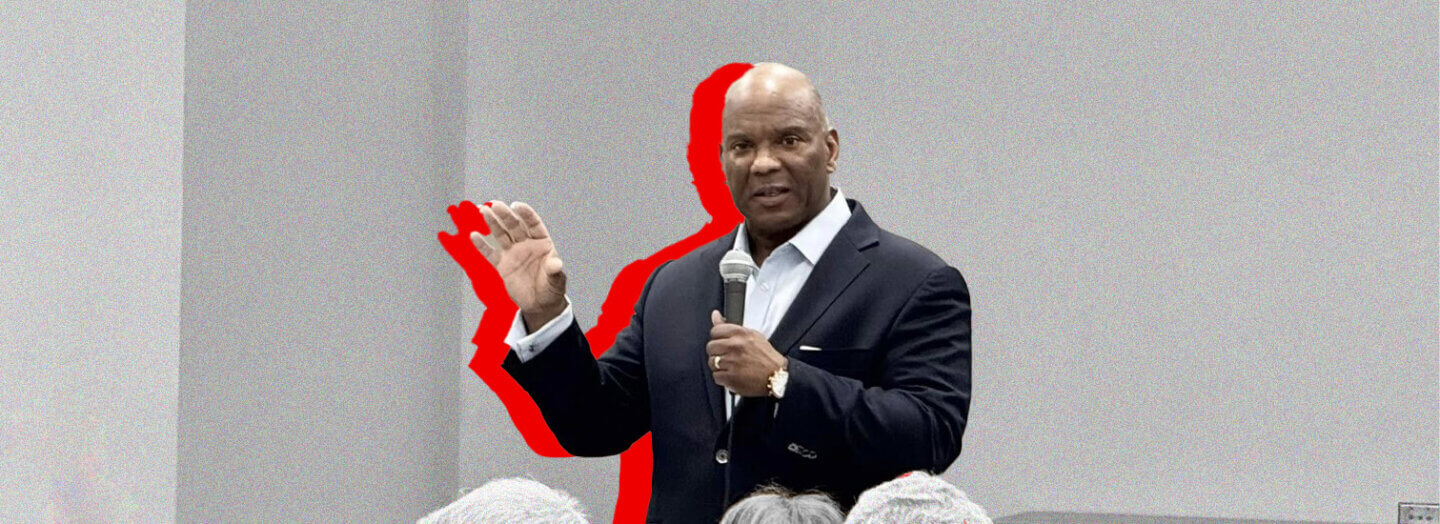10 Tips on World Mental Health Day: Post-Election Update.

BY:
Updated November 19, 2024
The last few weeks have been hard (that’s an understatement) and we know how easy it is to feel overwhelmed by all of the news we’re seeing. Right now, and in the coming months and years, there is a lot that we can’t control so the best thing to do is to focus on what we do have control over. It’s going to be more important than ever to take care of ourselves, especially if we want to be able to show up for communities in important ways. So here are some tips that our team uses to take care of ourselves.
1. Connect with yourself and give yourself grace
If you’re feeling stressed or anxious, start by connecting with yourself. There are many different ways to do that, such as meditation or journaling. It’s essential to understand what might be causing your distress so you know how to address it best.
Plus, a better understanding of what you’re dealing with can help you be more gentle with yourself. We often find it much harder to be kind to ourselves than others, so starting by being kind to ourselves is essential.
2. Check your notification settings
We are constantly bombarded with messages from our phone apps, emails, texts, and more. One useful way to turn down the volume is to go into your notification settings on your devices and make sure you only get the most necessary notifications. You can always read the news or check social media if you want, but you probably don’t need to be prompted, and those notifications can cause unwanted stress. Especially when things are hard, it’s important not to get swept up in all of the negative news. Limiting your notifications can help you focus on what you have control over.
3. Reach out
When things are hard, it’s important to lean on and connect with our communities. We are social creatures, and it can be helpful to reach out to friends. Social isolation can amplify negative feelings, so spending time with people we care about is a stress reducer. Being in community by getting as well as giving support is an important step to building the world we want to see.
If you’re in crisis, you can always call for help here. If you are looking for additional support, you can find a therapist. If you are insured, your insurance should have a list of providers in your network. If you are not insured and live in the Twin Cities Walk-In Counseling Center offers free services; and if you live in Greater Minnesota you can search for service options here.
4. Hobbies
Activities you do just for yourself, like reading, art, baking, crafts, etc., are great ways to care for yourself and get out of your head. Hobbies are some of the best ways to get into a flow state, where you are fully engaged in what you’re doing almost effortlessly. Hobbies can allow you to experience a sense of joy and calm.
5. Fun
With so many aspects of life focused on what we’re producing or how to be practical, switching up how our brains look at things can be helpful. What if you did something just because it’s fun? This attitude can help take you out of your head, and reframing your perspective to look for fun daily can help spark creativity.
6. Exercise
I know you hear it constantly, but moving our bodies can be valuable in numerous ways. We all know it’s great for our physical health but can also benefit our mental health. It doesn’t have to be super intensive or strenuous exercise. Even taking a simple walk or some light stretching can have a big impact. Plus, you’re investing in your health to help build long-term support for yourself. Try something simple like 15 minutes of yoga or a walk around the block to get started.
7. Outdoors
In Japan, they have a concept called “forest bathing,” which is just the idea that being immersed in nature, surrounded by trees (or considering we have lots of lakes, that can be a good option, too) can be very positive for your health. It’s similar to the concept of “awe walks” or looking for wonder. This idea is separate from exercise because it isn’t about exertion but connecting with nature – using as many senses as possible. Working to see the beauty and experiencing awe can help stimulate the vagus nerve, which allows us to process things better and be calmer.
8. Screen breaks
This tip goes hand in hand with many of the previous tips. It’s important to connect with friends, have fun, get outdoors, etc., but if you are on your phone or other device most of the time, it can hinder that. You also want to avoid being on your phone during these activities. Try setting up reminders to take a break from your phone. You can even use an app or a lockbox to help remind you and create a structure to make sure you follow through.
9. Sleep
Like exercise, this might seem obvious, and you probably hear it all the time, but sleep is critical to our health and well-being. We need sleep to recover properly. It helps us be resilient and take good care of ourselves. Most adults need a minimum of 7 hours of sleep each night. Pay attention to your sleep habits and remember that they are essential to your health, not just an afterthought.
10. Get Involved
Once you’ve taken the time you need and are ready to plug back into the work we’ll be here. We know there is going to be so much to do in the coming years. Sign-up to stay connected with us and hear about opportunities to get involved.
Here are some specific things you can do right now:
- You can sign up for our organizing list or Slack to hear about events and ways to get involved.
- You can review our community calendar to see what some of our partners are doing and find ways to plug in.
There is no one-size-fits-all approach to mental health, so remember to be gentle with yourself. We hope you can integrate some of these tips and tricks into your routine to give yourself some extra support. And remember, we’re so glad you’re here!

JOIN US.
contribute to the conversation


